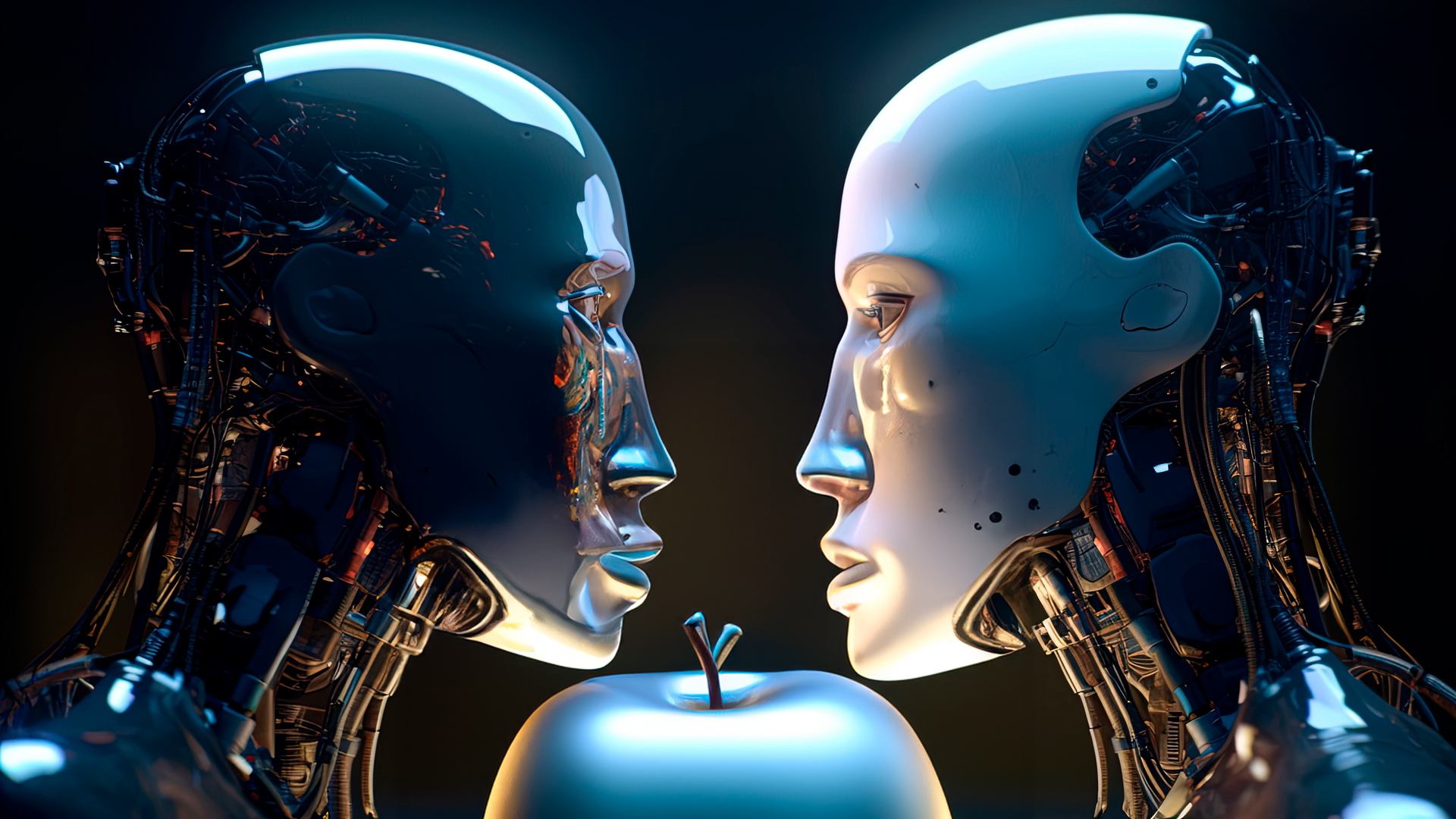Mark my words, Apple will get no further with robots than it did with cars
Don't believe the rumors

I have no doubt that Apple is exploring robotics, and has probably been doing so for years. Any major tech brand worth its salt has at least dipped its toe into the space, and usually found the waters too chilly or murky to trust.
Key Apple rival (and partner) Microsoft has dabbled in robotics since the late 1990s and into the early oughts. There were development kits and reference software and, I imagine, some big plans, but they ultimately went nowhere. Google bought parkour-capable robot maker Boston Dynamics in 2013, only to sell it a few years later. Amazon has an expensive robot, Astro, that no one, at least that I know, owns. Sony's AIBO robot dog lived, died, and was revived, but has never sold in big numbers.
Apple's apparent plans, as detailed in a Bloomberg report, though, arrive at a very different moment in the home robotics race. There are suddenly quite a few humanoid robots and robot plans popping up at Tesla (Optimus), Figure AI, Nvidia, and elsewhere, plus all those robot dogs that are appearing everywhere from the streets of New York City to the circus as a replacement for live animals. There's a sense that maybe this time we really are closer to seeing useful home robots; and, if so, why shouldn't Apple be a part of it?
I'd counter that we're not nearly as close as we think. Yes, there are some amazing demos of robots understanding conversation and learning on the fly. AI is truly supercharging the cognition side of things. However, robotics is still limited by hardware, actuators, safety when engaging with humans, and, especially battery life.
Apple's apparent pivot towards robotics as some sort of failed car-business consolation prize makes no sense. Bloomberg tech reporter Mark Gurman notes Apple's need for new revenue streams, and how that's part of the reason it's now pursuing robotics. But that makes no sense. It'll be years, if not decades, before robots sell in the millions that would be necessary for the product line to generate a reliable and profit-positive revenue stream.
A slippery robo-slope
High-quality robots, even ones bound to a desktop, are expensive to make and program, and there's a high bar for human interaction. If a robot fails to appear responsive, friendly, and ready to anthropomorphize, it will fail.
Even when those benchmarks are met, robot products fail. Remember Jibo? Of course you don't. It was designed and built by one of the smartest people I've ever met in the field of robotics, Dr Cynthea Breazeal. An MIT grad, she imagined a friendly desktop family robot that could interact, play, entertain, and help you. A lot of time was spent on the animations and, though it didn't look anything like a person, it still had that touch of humanity.
Sign up for breaking news, reviews, opinion, top tech deals, and more.
“It’s a robot, so let’s celebrate the fact it’s a robot," Dr. Brezeal told me. I enjoyed my brief time with it, and within a few years, it had disappeared. Why? Maybe it was the development costs, but more likely it's that consumers just weren't buying.
I've seen so many companion robots in my time that invariably come with big promises of global domination. At most, they end up in elder-care homes, where aging adults pet robot seals and fury techno dogs.
Nothing about this market screams 'mass' or 'scale,' two things Apple likes to see in virtually every product category it enters.
Apple could do it
I have no doubt that Apple could build a robot pet that would rival AIBO or even Boston Dynamic's SPOT, but if the latter is any guide, such a gorgeous, interacting, AI-driven piece of hardware might cost north of $20,000.
Apple could stick with the desktop robot that basically looks at you and can even mimic the head movements of someone on the other side of a FaceTime call, but why would they? Would Apple really build a product for what is clearly an edge case? How many people need that movement to understand what the person on the other side of a video call is trying to convey?
I get what's happening here. With the loss of the decade-long will-it won't it Apple Car saga, we need another Apple MacGuffin to consume our imaginations for the next five years or so. We'll do that until Apple finally scuttles the research project in favor of another category with broader consumer appeal.
Whatever Apple does or doesn't do, I'm put in mind of something that Tandy Trower, Hoaloha Robotics Founder and a former Microsoft exec who eventually ran that company's robotics program, told me a decade ago, reacting to Andy Rubin's abrupt departure from Google shortly after the company bought a bunch of robot companies and put them all under his leadership: "Imagining useful, usable personal robots is easier than delivering them."
You might also like

A 38-year industry veteran and award-winning journalist, Lance has covered technology since PCs were the size of suitcases and “on line” meant “waiting.” He’s a former Lifewire Editor-in-Chief, Mashable Editor-in-Chief, and, before that, Editor in Chief of PCMag.com and Senior Vice President of Content for Ziff Davis, Inc. He also wrote a popular, weekly tech column for Medium called The Upgrade.
Lance Ulanoff makes frequent appearances on national, international, and local news programs including Live with Kelly and Mark, the Today Show, Good Morning America, CNBC, CNN, and the BBC.